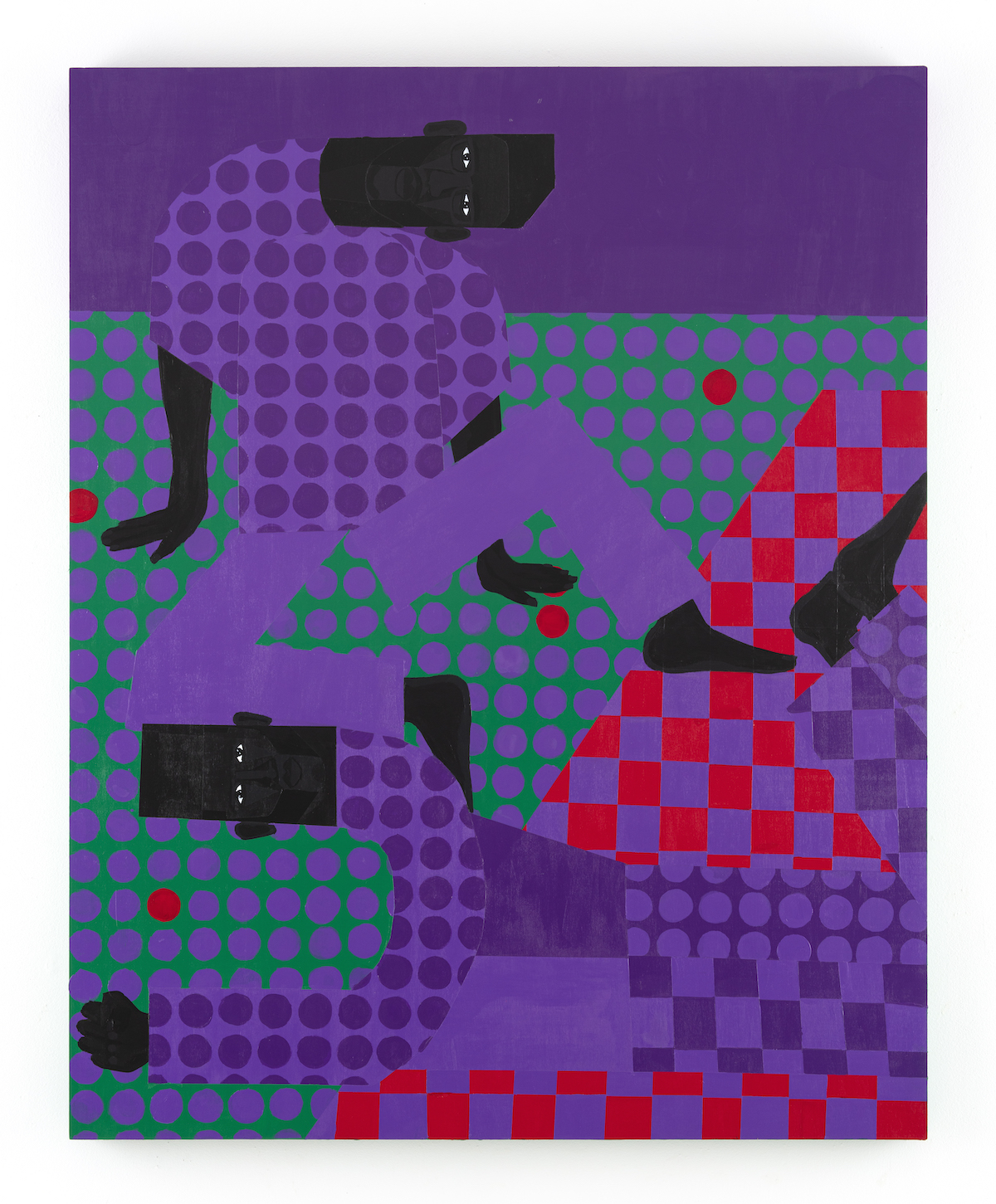Five Dials asked Charlotte Geater to send us an omnivorous list of everything, or almost everything, she’s consumed in the previous month.
I am chronically ill, and often I want to watch something but am too tired to focus on a feature film. On evenings like this, I will try to watch a couple of short films instead. A few shorts I watched and enjoyed very much in May were: La Chambre (dir. Chantal Akerman), 100 Boyfriends Mixtape
(The Demo) (dir. Brontez Purnell) and Atlantiques (dir. Mati Diop). But then sometimes my stamina outstrips the rest of my household, such as with Wheel of Time and Into the Inferno, two Werner Herzog documentaries during which my partner fell asleep (he chose both of them).
Speaking of focus, three books consumed mine totally, one after the other, on forging lives that are queer (and/or disabled) and determinedly non-normative: Shola von Reinhold’s Lote, Larry Mitchell’s The Faggots and their Friends Between Revolutions, W. N. P. Barbellion’s Journal of a Disappointed Man. Lote in particular is an incredible work of imaginative fiction and aesthetic conjuring, unearthing and creating new spaces for Black queer decadence.
I have also been dipping into the work of various poets without reading them cover to cover. I return again and again to Agha Shahid Ali’s collection of ghazals, Call Me Ishmael Tonight, and the gorgeous romanticism of poems like ‘Even the Rain’, beautifully textured and vivid, as he plays with quotations from e e cummings and Frank O’Hara. Others I have encountered this month include Rainer Maria Rilke, Rebecca Perry ,Lucy Ives, Mahmoud Darwish and Algernon Charles Swinburne.
I had cancer surgery back in February, and while I am probably mostly physically healed, thinking about cancer is still taking up a lot of my time. I have been reading in very short bursts, often only a page or two at a time, both The Undying by Anne Boyer and Everything Changes: The Insider’s Guide to Cancer in Your 20s and 30s by Kairol Rosenthal. The latter is from the US and is outdated even there (published in 2009, it has a lot of information about navigating the US health system before big Obama-era changes), but is very worth getting hold of if you need something to keep you company without coddling you or trying to empower you with a lot of exhausting talk about fighting, survivorship, etc. Despite the title, it’s not a workbook or a guidebook; it compiles some of the most honest interviews I have ever read, from people who are going through it, and have gone through it.
May has also yielded:
— Three feature films from the 1930s, a decade of sharp humour, class commentary and truly bizarre musical numbers: Easy Living, The Lady Vanishes, Murder at the Vanities.
— Two feature films from the 2000s with a beautiful sense of place and time, changing: Millennium Mambo and Goodbye, Dragon Inn.
— One feature film that is deliciously glamorous, gothic and full of choices that are in gloriously bad taste (including, but not limited to, Keanu Reeves’s acting): Bram Stoker’s Dracula.
— Indie pop music that I have been using totry to convince myself that summer is on the way: Japanese Breakfast’s recent singles, ‘The Summer I Got Good At Guitar’ by Fresh, ‘Love Comes in Waves’ by Andy Bell, and Pop Perfect’s Spotify playlists, especially ‘Indie Pop Dream Jangle Fun’, which updates monthly with new music.
— And finally, Umurangi Generation: a video game where the objective is to take photographs
in various different settings. It’s a work of near-future Māori science fiction; inspired by cyberpunk but turning a decidedly critical eye over that genre; its world is shaped by political crisis, graffiti and alien jellyfish. ◊

